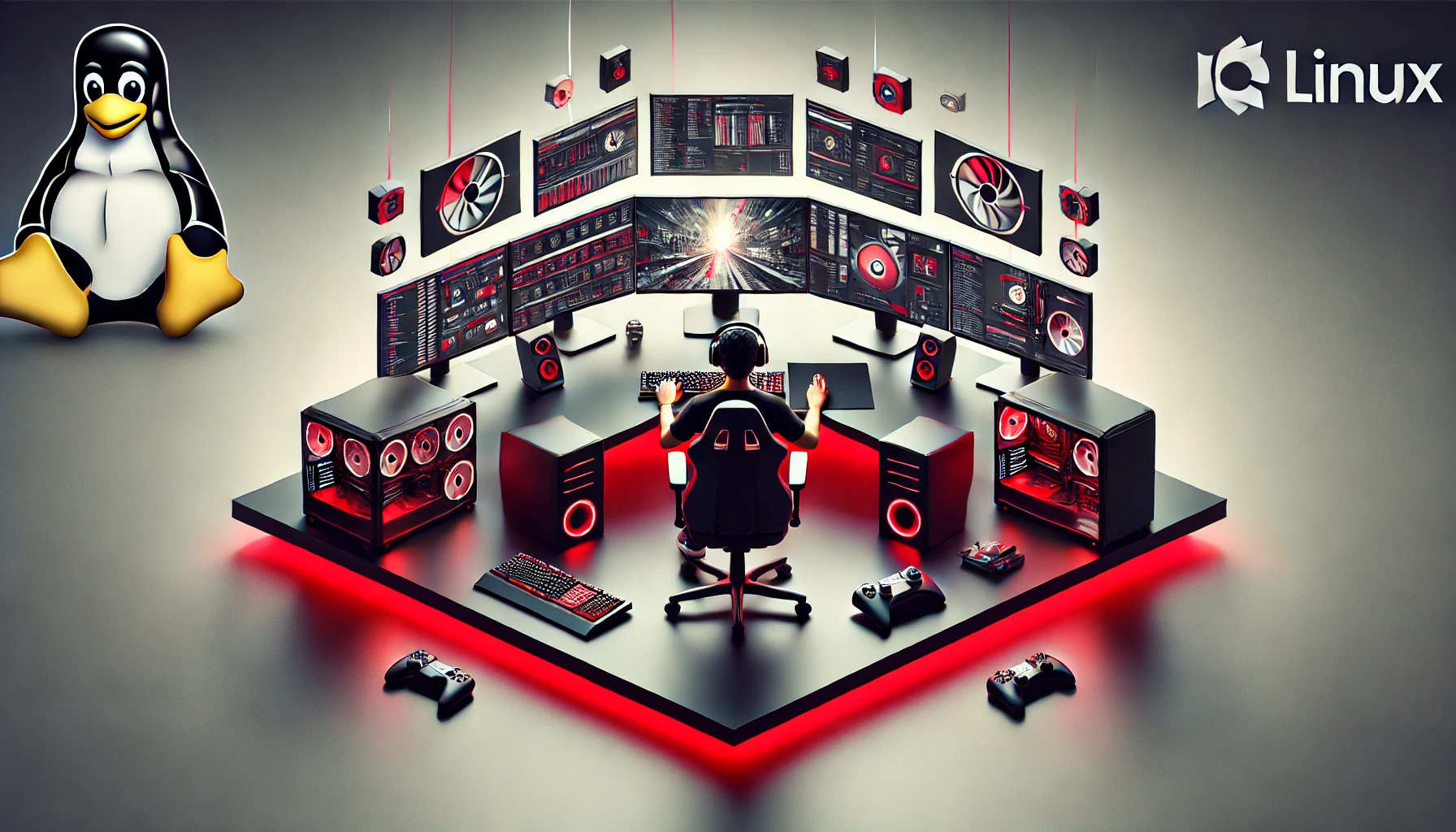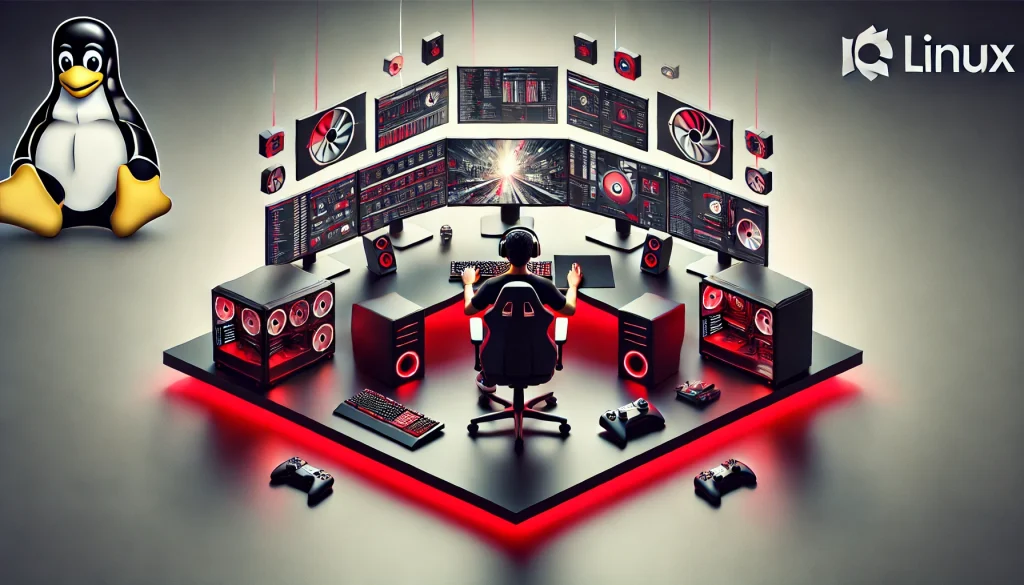
Linux has evolved as a viable platform for gamers, offering diverse options for both professional and casual gaming. Many tools, emulators, and compatible games make gaming on Linux a seamless experience. With improved hardware support, advanced compatibility layers, and dedicated gaming platforms like Steam and Lutris, Linux has become a strong competitor in the gaming space. This guide dives into the essential tools and some of the best games you can enjoy on Linux, ensuring you achieve the best performance and experience on this open-source operating system.
The Rise of Gaming on Linux
Linux has long been known for its stability, customization, and performance advantages. But recently, it has seen a significant rise in popularity for gaming due to various advancements in compatibility layers, development tools, and increased game support from popular publishers. Gaming on Linux was once an arduous task, often requiring deep technical knowledge, but recent software and tool innovations have brought it closer to the plug-and-play experience that many gamers enjoy on other platforms. With community-supported solutions and contributions from developers like Valve, Linux offers a robust ecosystem for high-performance gaming.
Essential Tools for Gaming on Linux
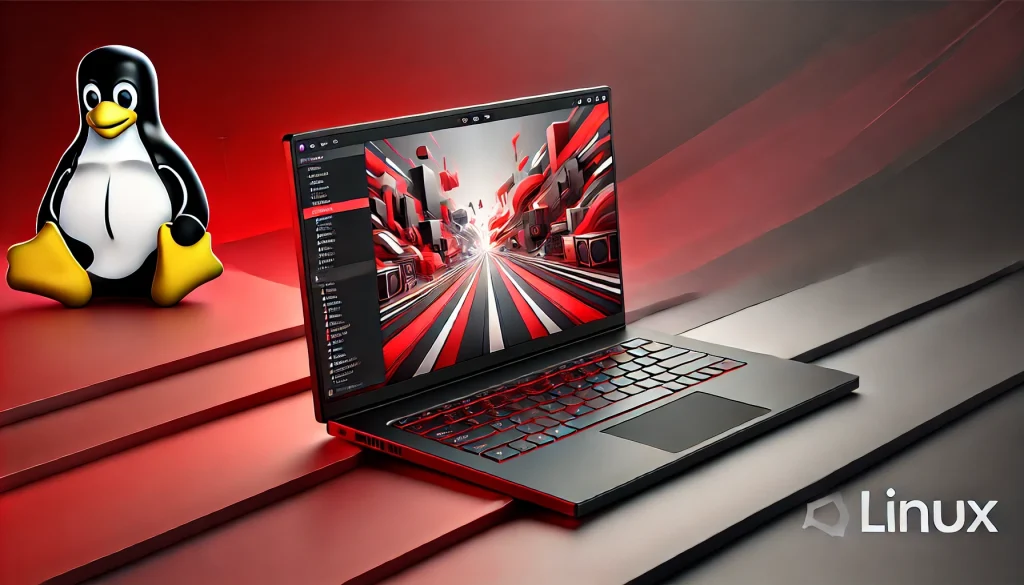
1. Steam for Linux: A Game Changer
Steam, the world’s largest digital game distribution platform, was among the first to truly embrace Linux as a gaming platform. Through Proton, a compatibility layer that allows Windows games to run on Linux, Steam has made thousands of popular games available to Linux users. This layer effectively bridges the gap, letting Linux gamers enjoy titles like The Witcher 3 and Cyberpunk 2077.
2. Lutris: An All-in-One Game Manager
Lutris is a must-have for any Linux gamer. This open-source platform manages and organizes games from multiple sources, including Steam, GOG, and Epic Games. It also provides support for Windows games through Wine and additional runners, making Linux gaming easier and more accessible. With Lutris, gamers can set up games with specific configurations, providing smoother gameplay and fewer compatibility issues.
3. Wine and Proton: Running Windows Games on Linux
While Proton is built into Steam, Wine (Wine Is Not an Emulator) works independently as a compatibility layer, allowing users to run Windows applications and games. Proton is a customized version of Wine that specifically optimizes gaming performance. For players who rely on game mods or particular configurations, Wine offers the flexibility needed to enhance and customize their gameplay on Linux.
4. GameMode: Boosting Performance
GameMode is a tool designed to optimize system performance while gaming. By prioritizing resources and optimizing CPU usage, GameMode ensures minimal lag and enhanced response times. GameMode supports titles launched through Lutris, Steam, and standalone installers, making it versatile and ideal for intense gameplay.
5. OBS Studio: Recording and Streaming Gameplay
For gamers who love sharing their experiences, OBS Studio is a premier, open-source tool for recording and streaming on Linux. With extensive settings for video capture and encoding, OBS Studio enables gamers to create high-quality content while managing resource use effectively, so it doesn’t interrupt gameplay.
Top Games Available for Linux
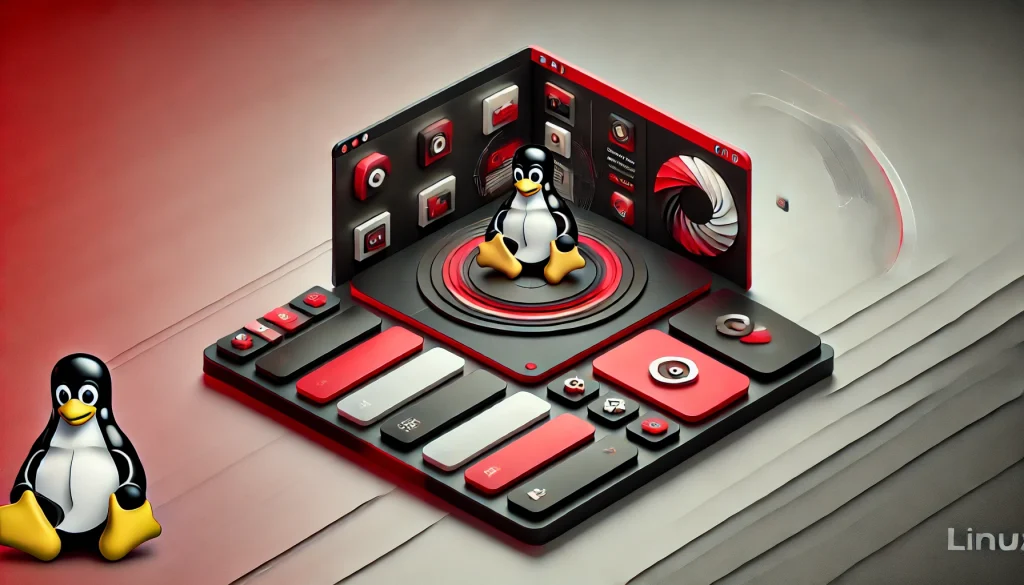
1. Dota 2: A Competitive Multiplayer Experience
Developed by Valve, Dota 2 runs natively on Linux, offering a competitive MOBA experience that is wildly popular worldwide. With a rich professional scene and high replayability, it’s an excellent choice for competitive gamers.
2. Counter-Strike: Global Offensive (CS)
CS is another Valve title that has native Linux support. It’s a favorite in the FPS community and provides smooth gameplay, thanks to excellent optimization for Linux. Its competitive nature and ongoing updates make it a top choice for Linux gamers.
3. Shadow of the Tomb Raider
As a AAA title, Shadow of the Tomb Raider proves that Linux can handle graphics-intensive games with ease. Through Proton, this title runs smoothly on Linux, offering an immersive action-adventure experience with stunning visuals and a compelling storyline.
4. Civilization VI: For Strategy Enthusiasts
Civilization VI brings deep strategy gameplay to Linux, allowing gamers to test their wits in building and managing empires. With native Linux support, it runs smoothly, providing an engaging, strategic experience with no setup hassles.
5. Unreal Tournament: A Classic Reimagined
Using the Unreal Engine, Unreal Tournament has maintained its place as a fast-paced, competitive shooter. Available for Linux, it offers a fantastic multiplayer experience and showcases the capabilities of Linux in supporting high-quality FPS games.
Optimizing Gaming Performance on Linux
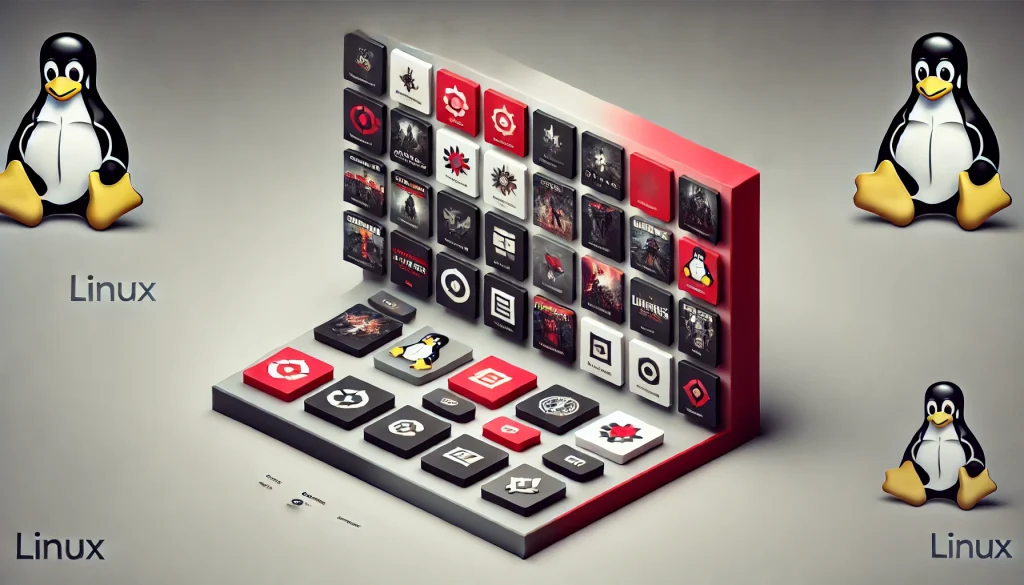
1. Hardware Drivers and Updates
Ensuring drivers are up-to-date is crucial for Linux gaming. AMD and NVIDIA have improved driver support significantly over the years, making it essential to use official or community-supported drivers for optimal performance. Proper driver configuration can improve graphics rendering and performance.
2. Choosing the Right Desktop Environment
Some desktop environments (DEs), such as Xfce or LXQt, consume fewer resources and enhance gaming performance. Opting for a lightweight DE allows games to use more system resources, leading to smoother gameplay.
3. Configuring Proton and Wine
Configuring Proton and Wine can boost game performance. Certain settings in Proton can be tweaked to improve compatibility with DirectX games, while Wine can be adjusted for Windows-native gameplay, minimizing input lag and other issues.
4. Managing Background Processes
Disabling unnecessary background processes helps free up system resources, improving in-game performance. Tools like Stacer or Htop can help Linux users monitor and manage these processes efficiently.
5. Overclocking and Thermal Management
For those comfortable with overclocking, tools like CoreCtrl allow safe adjustments to GPU performance settings. However, careful monitoring of system temperatures is essential to prevent overheating.
The Future of Gaming on Linux
As Linux gains more traction among gamers, developers are creating more native games, while platforms like Steam and Lutris continue to innovate with compatibility and performance solutions. The community’s role in Linux gaming is also essential; passionate developers and users collaborate to create scripts, software, and support for smoother gaming experiences. Advances in Unreal Engine and Unity support for Linux will also increase the availability of high-quality games on this platform.
Exciting developments lie ahead in the gaming industry for Linux users, promising increased game compatibility, enhanced software solutions, and continued support from major developers. With these advancements, Linux is positioned to be a significant player in the gaming landscape, especially for those looking for open-source solutions and flexibility.
Conclusion
Gaming on Linux has evolved from niche interest to mainstream reality, with powerful tools and an expanding library of games that appeal to gamers across genres. With platforms like Steam and Lutris, compatibility layers like Proton, and dedicated performance tools, Linux users can now enjoy an immersive, high-quality gaming experience without the limitations that once defined the OS. Looking ahead, we can expect even more innovations in game support and performance optimization as the Linux gaming community grows, paving the way for more AAA titles and competitive gaming experiences on this open-source platform.
Resources
- Chris Titus Tech. Ultimate Linux Gaming Guide
- Foss Hut. Linux Gaming with Steam and Lutris
- Geeks for Geeks. How to Improve Gaming Performance on Linux
- Linux Lap. Maximizing Gaming Performance on Linux: Strategies, Tools, and Techniques
- XDA Developers. Top Gaming Apps for Linux

Brijesh Gohil is the founder of Tech Brij, A popular Tech Blog which is focused on Tech tips & Buying Guides. You can follow him on Facebook, Twitter, Google + & LinkedIn.

